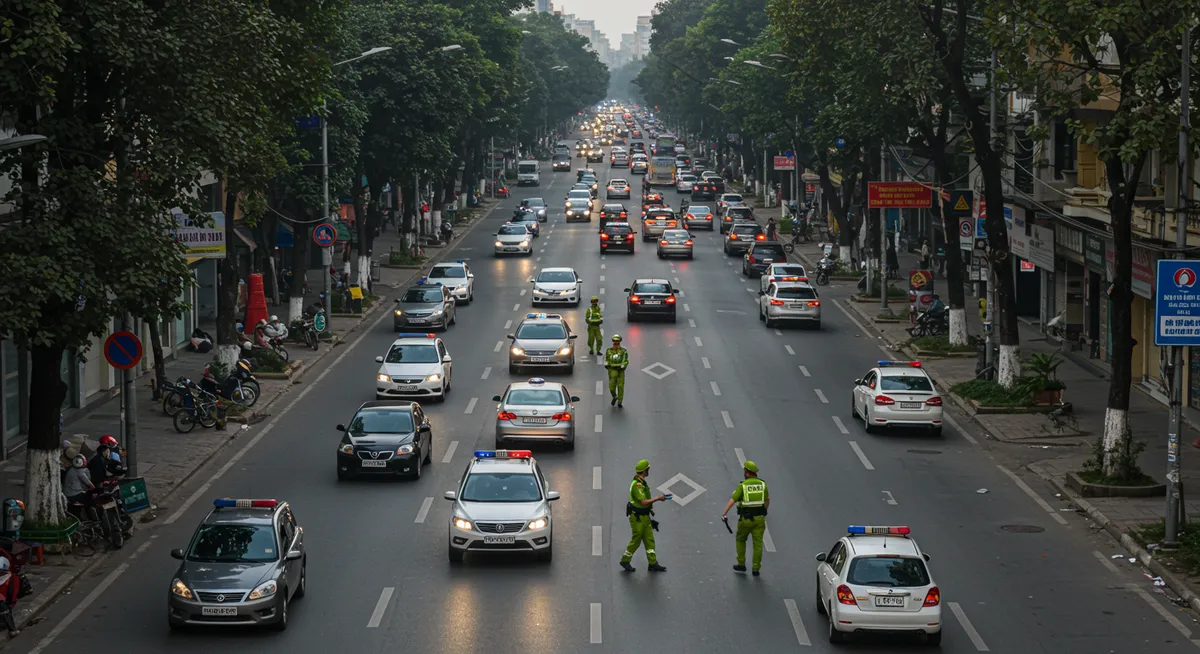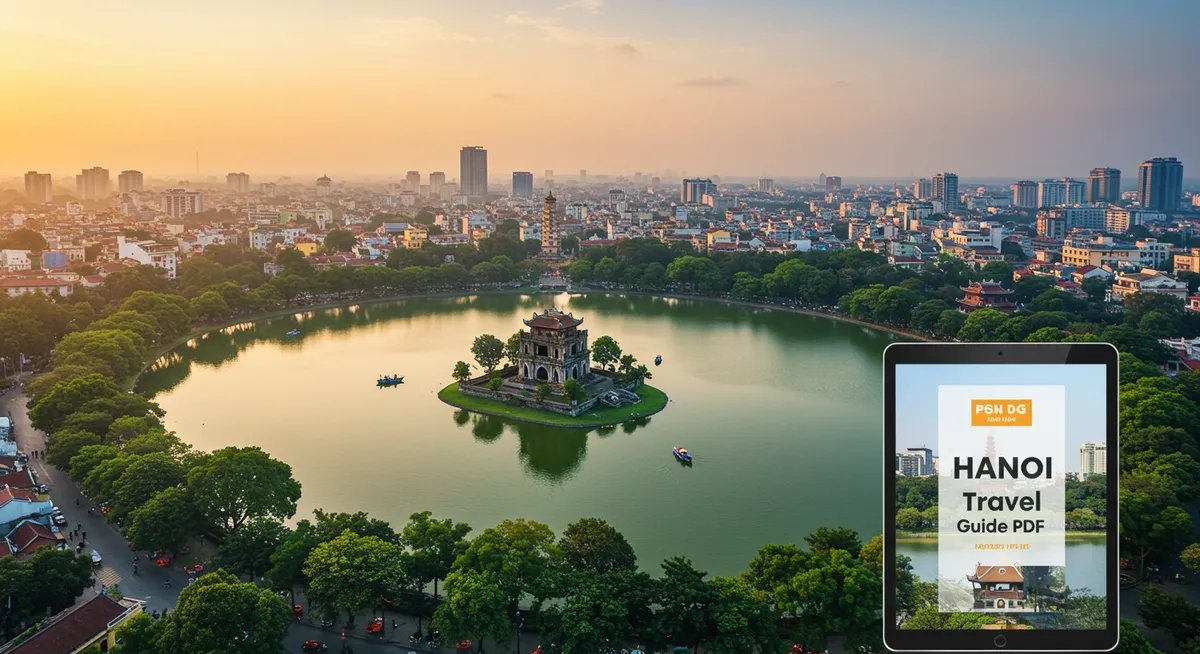
Is it Safe to Travel to Hanoi After a Typhoon?
Table of Contents
Want to find the best travel deals for this destination? Chat with our travel hacking specialist!
Get Travel HacksCategory: is-it-safe-to-travel-to-hanoi-after-typhoon
Assessing Travel Safety in Hanoi Post-Typhoon
Having navigated various monsoon seasons across Southeast Asia, I understand the immediate concern when major weather events, like typhoons, hit popular destinations. While nature's power can be daunting, Hanoi often demonstrates remarkable resilience. This guide will help you assess if it is safe to travel to Hanoi after a typhoon, offering practical advice and insights into the city's recovery.
Understanding Typhoon Impact and Recovery in Hanoi
When considering if it is safe to travel to Hanoi after a typhoon, it's crucial to understand the typical impact. Unlike coastal regions, Hanoi, being inland, often experiences less direct wind damage. Instead, heavy rainfall and subsequent flooding are the primary concerns. City authorities and local communities usually respond quickly, initiating clean-up efforts and restoring essential services with impressive speed. From my experience observing how Vietnamese cities handle severe weather, they are incredibly efficient. Key infrastructure, including major roads and public transport, is prioritized for rapid restoration. Therefore, recovery from a tropical storm can be surprisingly swift.
Essential Safety Measures for Travelers Post-Typhoon
Your personal safety is paramount when assessing whether it is safe to travel to Hanoi after a typhoon. Always monitor official news sources like the Vietnam National Center for Hydro-Meteorological Forecasting and embassy advisories. Furthermore, ensure your travel insurance covers natural disaster disruptions, including flight cancellations or extended stays. Consider carrying a basic first-aid kit and always have an emergency contact list. Practicing general travel hacks for any destination, like informing someone of your itinerary, becomes even more important. Avoid walking through floodwaters due to hidden debris or contaminated water. Stick to higher ground and established tourist routes, which are typically cleared first.
Navigating Hanoi's Post-Storm Landscape
After a typhoon, Hanoi's landscape undergoes temporary changes. While major attractions like the Old Quarter and Hoan Kiem Lake are usually quick to reopen, some smaller alleys or parks might remain inaccessible for a short period due to debris or standing water. It's wise to check directly with your accommodation or tour operators about specific site conditions. Public transportation, including taxis and ride-sharing apps, generally resumes swiftly, though routes might be diverted initially. Local markets and restaurants, being the heartbeat of the city, are incredibly resilient; however, do prioritize bottled water and thoroughly cooked food. For more general advice on navigating the country, refer to our Vietnam travel tips.
Frequently Asked Questions
How quickly does Hanoi recover from a typhoon?
What should I pack for post-typhoon travel in Hanoi?
Ultimately, while prudence is key, deciding whether it is safe to travel to Hanoi after a typhoon often depends on the specific storm's severity and the time elapsed since it passed. Hanoi is a resilient city, and its people are adept at recovering quickly. By staying informed and exercising caution, you can still have a rewarding and safe experience exploring this vibrant capital. Don't let initial concerns deter you completely; the city's charm often shines brightest in its determination.
Explore more travel wisdom from a seasoned explorer at Hacks.travel.
Related Posts

Is It Safe to Travel to Hanoi, Vietnam?
Is it safe to travel to Hanoi, Vietnam? Discover essential safety tips, common scams, health precautions, and local advice for a secure and enjoyable trip to this vibrant city in 2024.

Vietnam Travel Tips and Planning Guide
Master Vietnam travel tips and planning for an unforgettable adventure. Discover visa info, packing essentials, cultural etiquette, and safety advice for your journey.

Your Essential Hanoi Travel Guide for 2024
Kickstart your Hanoi travel guide experience with practical tips and must-see sights for 2024. Discover how to navigate Vietnam's vibrant capital city.